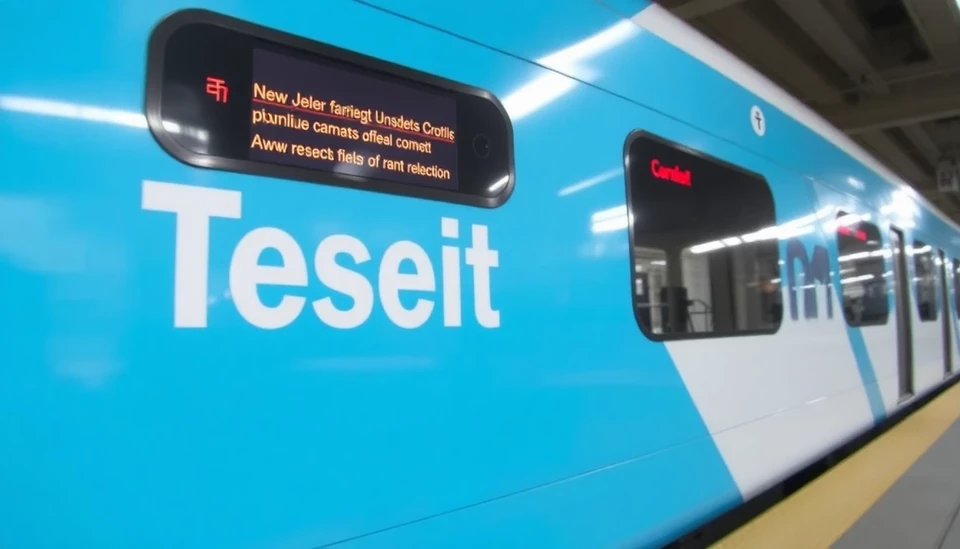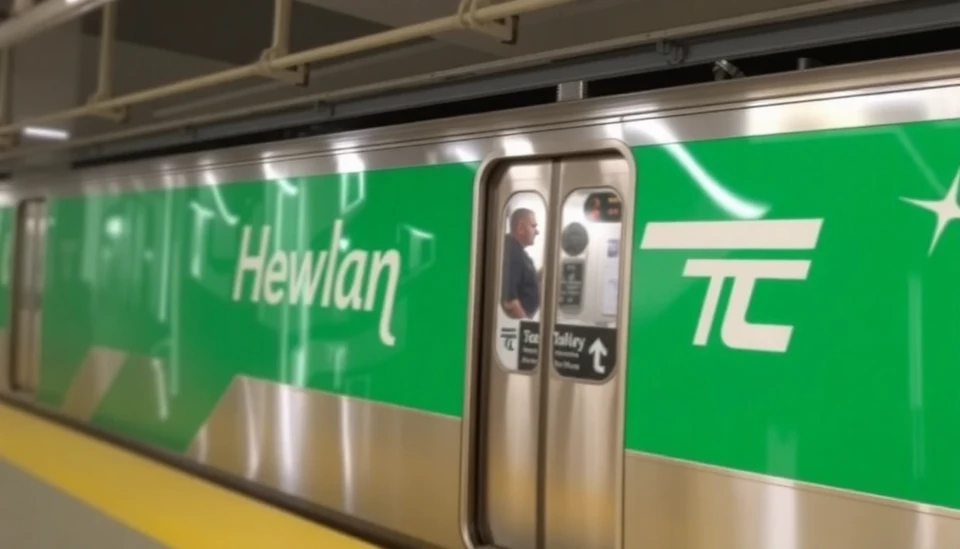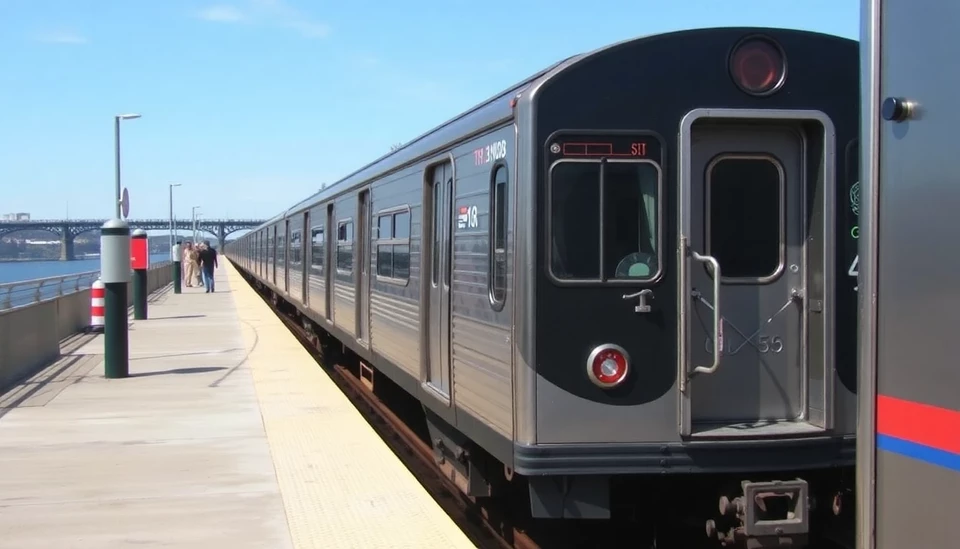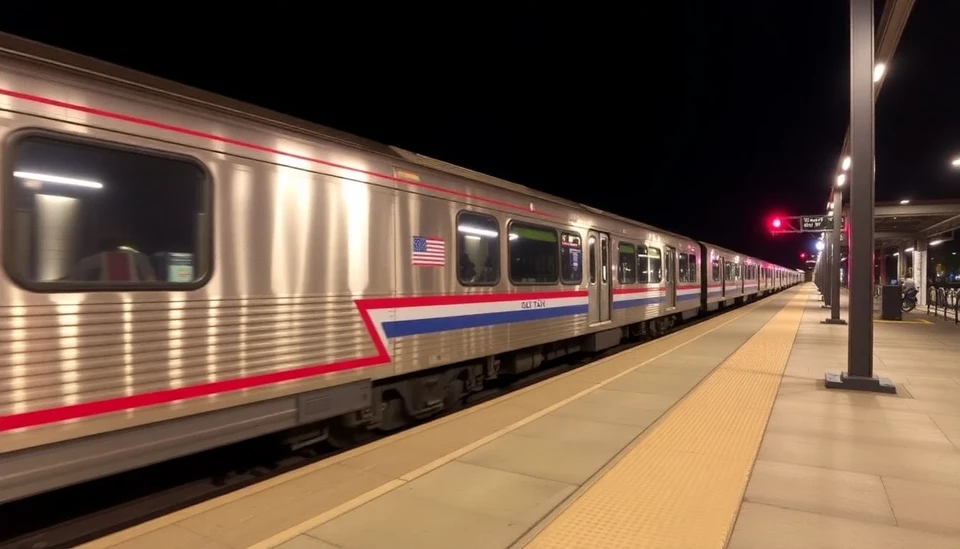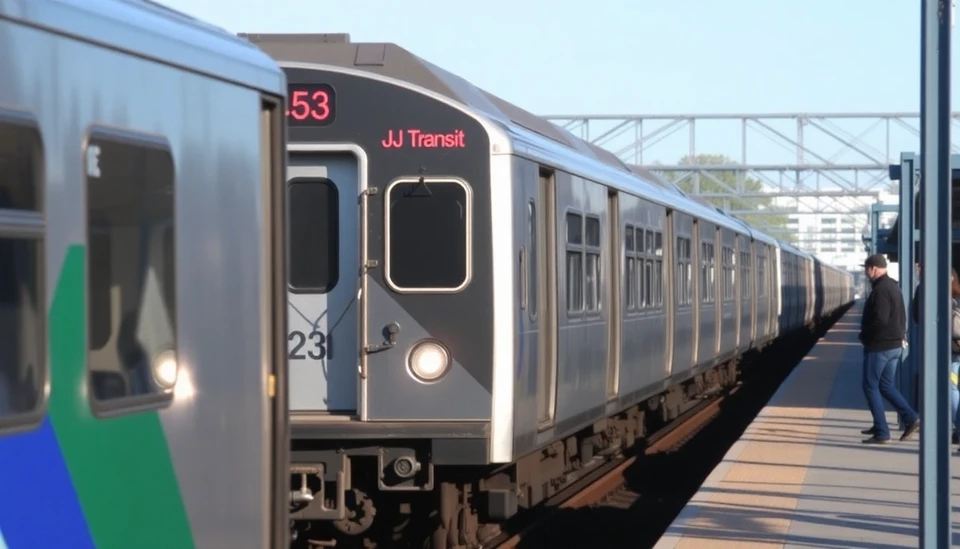
In the recent analysis conducted by NJ Transit, officials have reported the absence of a definitive cause attributed to the series of disruptions that plagued commuter train services over the past weeks. Despite thorough examinations and a series of inquiries into the operational malaise, the agency has not identified any systemic failures or "smoking guns" that could explain the myriad issues faced by riders during this tumultuous period.
The investigation was initiated in response to increasing frustrations from passengers who experienced significant delays, cancellations, and unresponsive customer service during the height of the disruptions. Many commuters expressed their concerns about the reliability of the train services, which are vital for daily travel between New Jersey and major urban centers like New York City.
Sources within NJ Transit reported that the monitoring of train operations, schedules, and maintenance records was extensive, yet the findings yielded no malfunctions or mechanical failures that could be pinpointed as the root of the problems. Instead, the situation appears to stem from a combination of factors, including the complexities of scheduling during peak hours and the pressures faced by train operators to maintain service amid congested lines and unforeseen incidents.
Industry analysts suggest that while the lack of a singular cause might be somewhat reassuring, it poses its own challenges. The absence of a clear issue makes it difficult for NJ Transit to implement targeted reforms or improve training for staff to better manage crisis situations. As commuters continue to rely heavily on public transportation, the necessity for NJ Transit to enhance its operational resilience is paramount.
In light of these findings, agency officials have indicated that they are committed to ongoing reviews of their operational strategies. This includes engaging with passengers to gather feedback on their experiences and identifying ways to bolster service reliability moving forward. Ensuring that communication lines remain open between riders and the transit authority will be key in rebuilding trust and ensuring efficient service delivery in the coming months.
The NJ Transit board is set to meet soon to discuss further actions aimed at addressing the systemic challenges highlighted by recent ridership events. Stakeholders within the transit community will be closely watching to see how these discussions shape future policies and operational changes within the agency.
As NJ Transit continues to navigate this challenging period, the focus will remain on enhancing service quality while addressing the legitimate concerns raised by its commuters. The future of transit in New Jersey hinges on effective management and adaptive strategies that can respond swiftly to the dynamic needs of its riders.
As the agency pushes forward, the path to recovery will require a collaborative effort from all parties involved, including government support, increased funding, and engaged dialogue with the passenger community.
For now, commuters remain hopeful for a streamlined return to normalcy amidst the ongoing attempts by NJ Transit to identify and remedy underlying issues without placing blame on any particular segment of the operation.
#NJTransit #CommuterRail #TrainDisruptions #PublicTransport #TransitAuthority #NewJersey #PassengerExperience
Author: Victoria Adams
